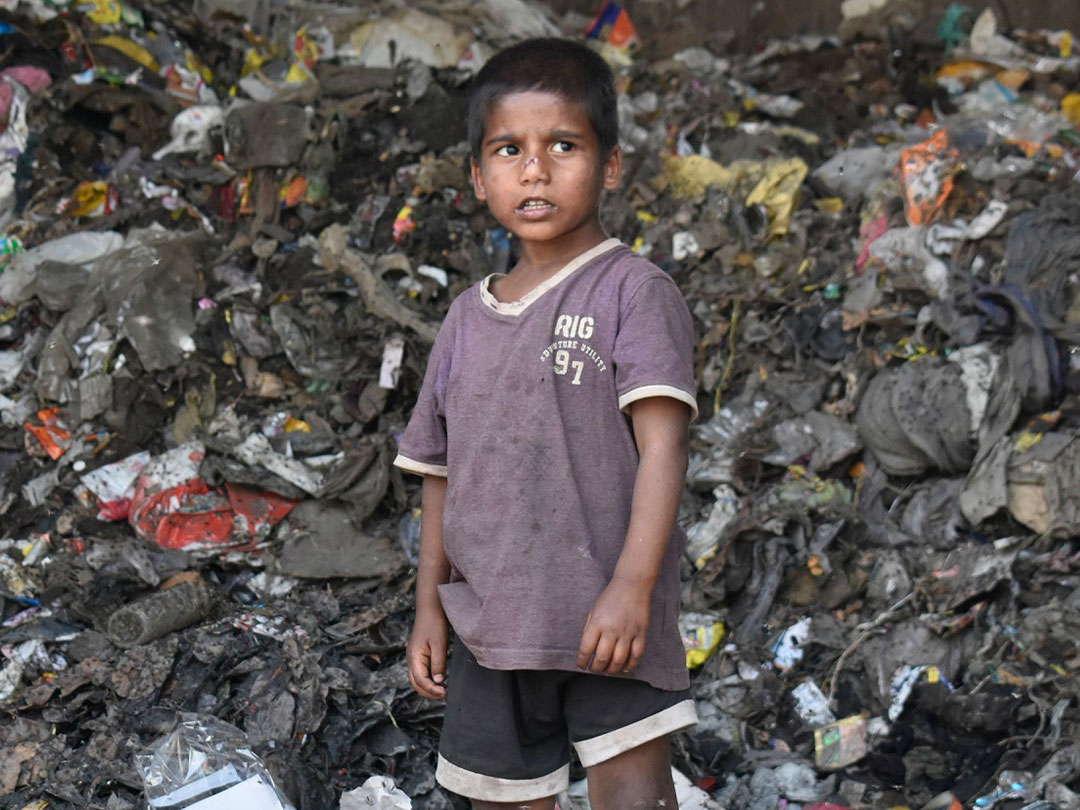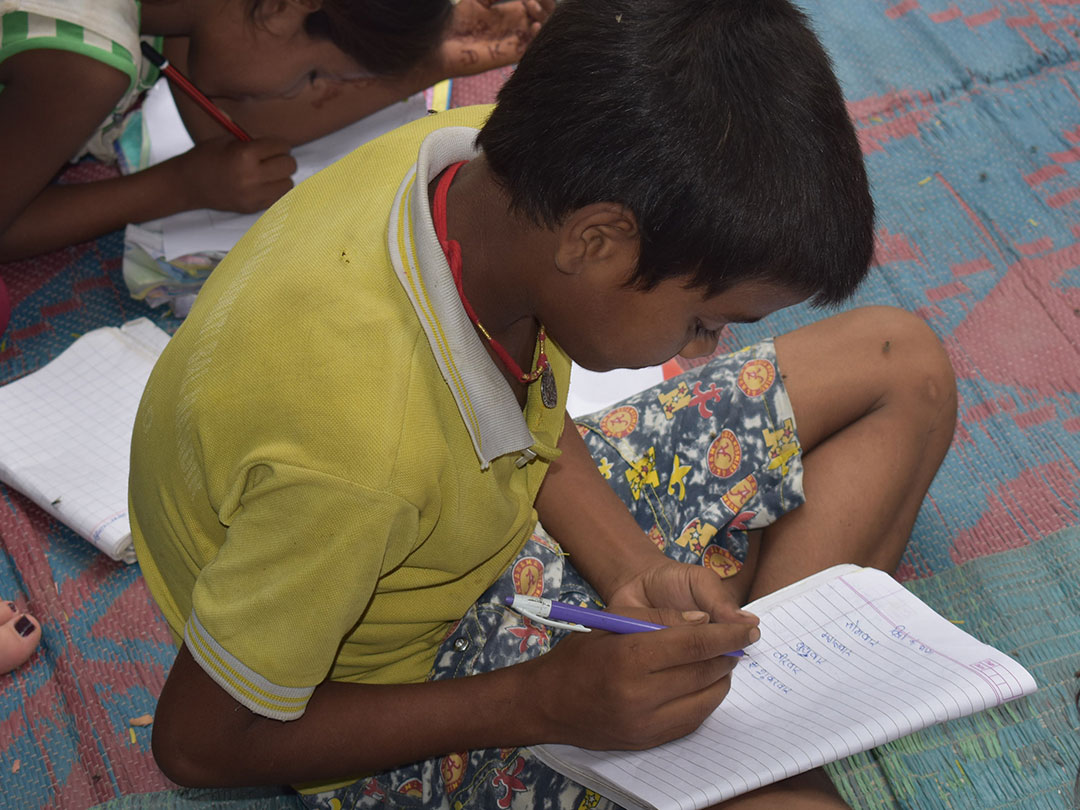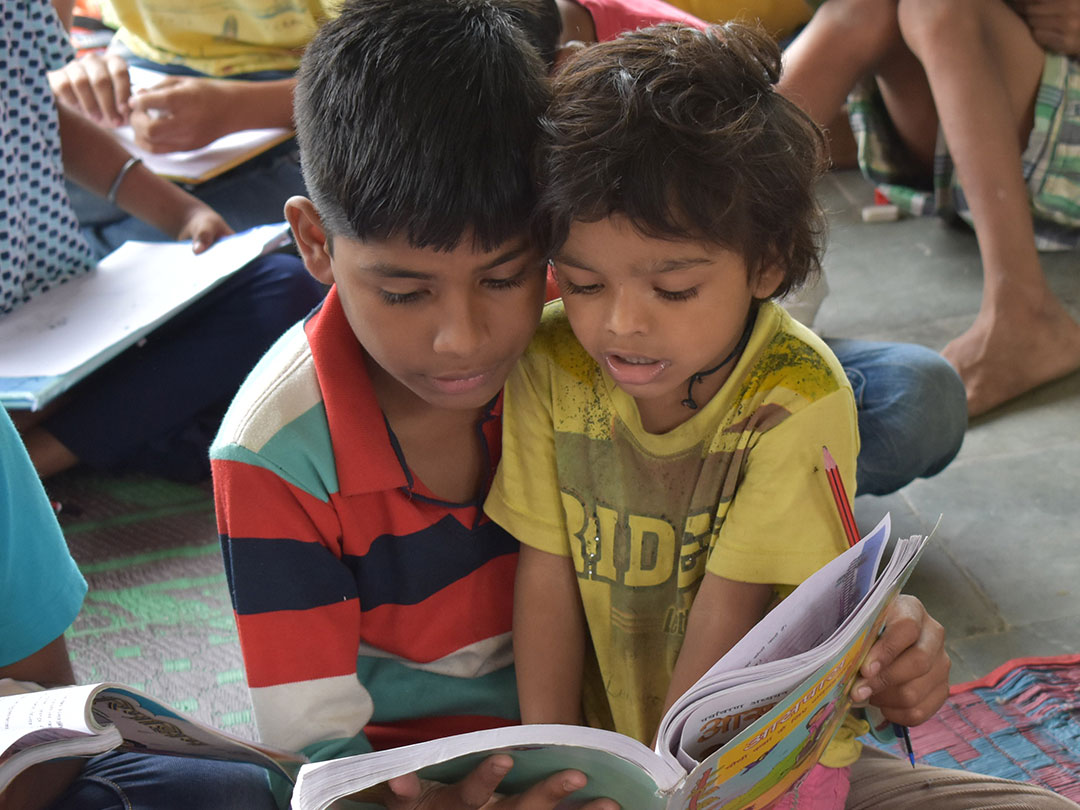Today 1 in 5 children and young people around the world are not in school.
That’s an estimated 263 million children missing out on an education. (UN, 2018)

Around the world
63m
primary school age children (6-11)
out of school
61m
lower secondary school age children (12-14)
out of school
139m
upper secondary school age children (15-17)
out of school




